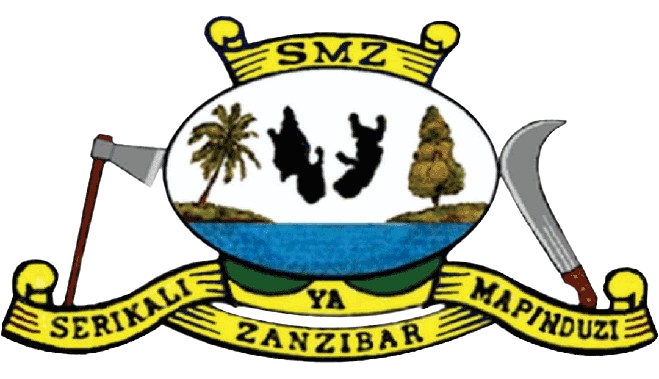The State University Of Zanzibar
Himili Pamoja - Gender and Climate Change Adaptation in Tanzania
Objectives
Main objective
To strengthen gender-transformative approaches in district- and community level CCAI in four districts in rural Tanzania, in support of sustainable livelihoods and justice for future generations in rural Tanzania.
Specific objectives
1. To investigate gendered encounters at household level including experiences with and responses to different CCAI, and identify associated transitions in roles, power and agency of women and men at household level
2. To explore CCA encounters from a gender perspective with a particular focus on processes of real and invisible governance related to concrete CCA activities, initiated by local or external stakeholders, and assess gendered-related interfaces (36) and consequences related to women and men’s livelihood situations
3. To explore and create opportunities for gender-transformative teaching and learning through participatory research and development of curriculum and methodologies and tools- CCA for wider implementation among stakeholders, including district officers, CSO, and students and teachers of two agricultural colleges=
4. To develop cross-disciplinary research capacities in social and environmental sciences by supporting four PhD students and three postdocs, and furthermore to strengthen skills in gender analysis and research project management among project participants.
Finally, to engage in training and curriculum development on critical gender research and analysis with local research institutions in Mainland and Zanzibar.
5. Expected output and outcomes
This research project expects to document socio-political and gendered processes of CCA negotiations that affect the degree of equal participation, influence and benefits that female and male farmers and their families obtain from in CCAI. This study will follow CCA negotiations closely, and contextually document opportunities and constraints to gender-to mainstream gender concerns. We will provide insight into how women and men in the selected study sites see themselves positioned in relation to CCA and perceive interactions with their livelihood. Through this approach, this study directs itself towards promoting a revitalized and integrated gender focus in CCA and to reaching women- and men in the male farmers themselves as well as NGOs, relevant stakeholders, students and professionals with applicable tools to enable gender-transformative CCA. Additional outputs are a minimum of 16 peer-reviewed and published papers, four PhD theses’ successfully defended, junior and senior scholars training in research project management, capacity enhancing learning tools developed and tested by stakeholders, four policy briefs developed


